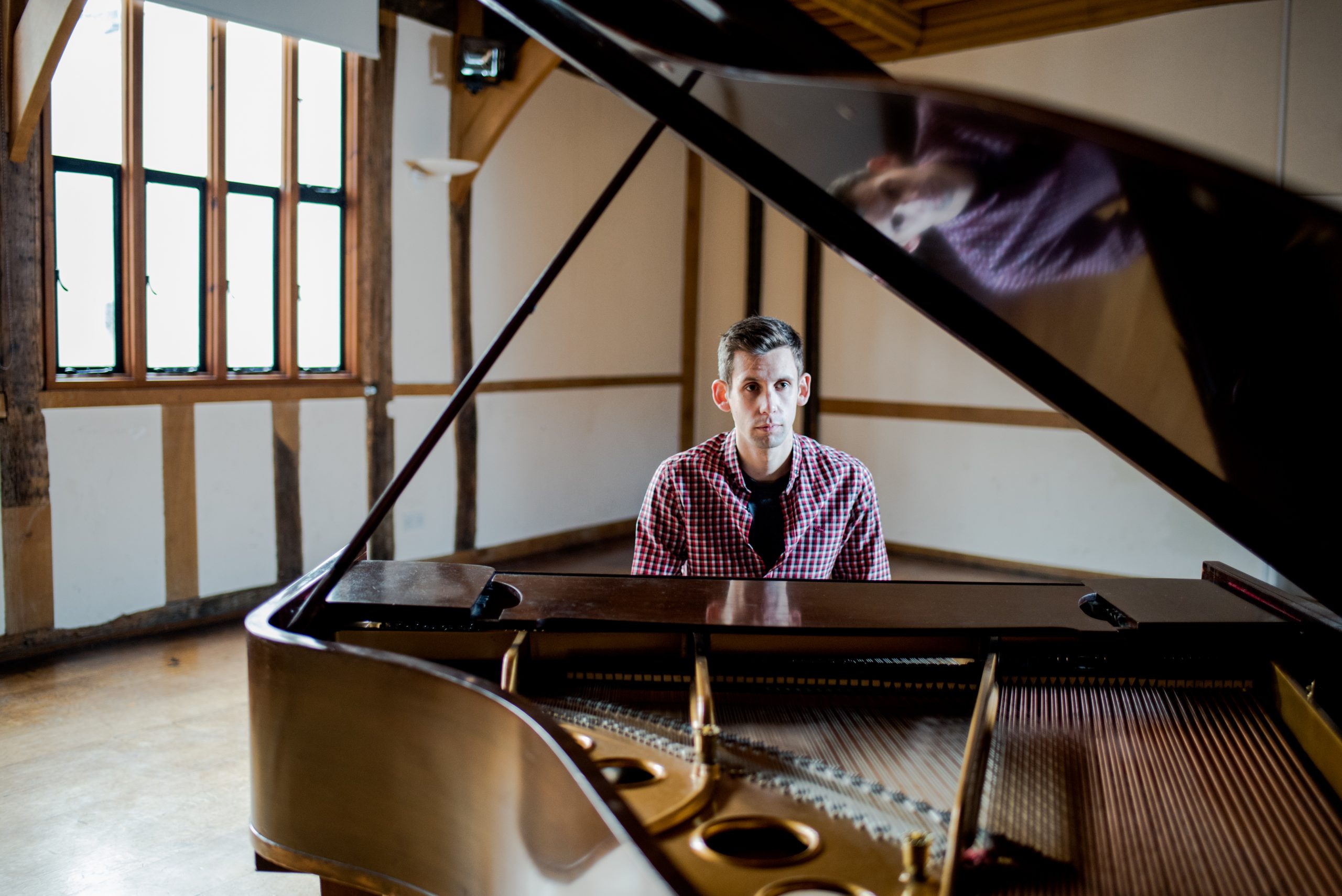Practice makes perfect has always been a cruel lie; not only is ‘perfection’ in a musical performance physically unattainable, it isn’t even especially desirable. That so many music students appear to have internalised this unhelpful little platitude is becoming a source of great distress for me, as it actively hinders their journey learning and growing as musicians.
The poet Sarah Kay wrote that ‘Practice does not make perfect; practice makes permanent’. In other words, it is just as possible to practise mistakes into your playing as it is to weed them out. However you play every single day – whether good or bad – ends up becoming ‘permanent’.
Practice does not make perfect.
Sarah Kay, Postcards
Practice makes permanent.
Repeat the same mistakes over and over and you don’t get any closer to Carnagie Hall, even I know that.
Repeat the same mistakes over and over and you don’t get any closer! You never get any closer.
At its heart, practising is an exercise in forming habits. The repetitive nature of practising a piece of music means that whatever you do over and over eventually becomes automatic (or ‘permanent’) when you sit at the instrument – including mistakes. In music, as in all areas of life, it is just as easy to form bad habits as it is to form good habits – sometimes, sadly, even easier!
This is why consistency is so crucial when you are working on something you’re learning. Getting it right once doesn’t really count for much, especially after a hundred times of getting it wrong; I think if you’ve been consistently getting something wrong in practice, that can feel very frustrating – and then you finally play it correctly, and that is such a relief! Finally, after trying so hard, I’ve nailed it!
But statistically, the good version was the aberration; the version with mistakes was the norm. Thinking of practice in terms of building habits which become automatic in your playing, which version is likely to come out next time you sit down to play this piece? Probably the one with the mistakes still in.
I’m sure many of my students would be familiar with the model of working on a challenging bar or phrase whereby you aim to play ten good versions in order to consolidate what you’ve learnt. You start on zero and play the bit which has been causing you difficulties; if you’re happy with it, you add one (and you only have nine more to do to reach your goal); then you play it again and if you’re happy with that one you go up to two (eight to go); and if the next one doesn’t go well, you take one away and go back down to one (nine still to play). When you finally reach ten, you’ve actually played that far more than ten times correctly – but the actual numbers don’t matter so much as that you’ve played more good ones than bad ones.
Of course, this approach is hard, methodical and detailed, and requires both determination and focus. But that is the difference between practising and simply playing your instrument.
Which is why the other side to that coin is knowing when to walk away. No system should be so rigid and inflexible that it can’t be adapted to circumstances, and if you find yourself wallowing down in negative double digits, getting more and more despondent about the fact you now have to play this particular bar thirty-six times correctly to reach your goal of ten, that is probably a good time to leave it be and have a bit of a reset.
It’s very easy to get into a rut when you practise, especially if things aren’t going well. The more mistakes you make, the more frustrated you get, which means you lose precision and focus in your playing, resulting in making even more mistakes, and also yet more frustration, and round and round again… That is a spiral I have seen many, many music students get sucked into over the years, as well as having experienced that myself plenty of times. Once that cycle takes hold, simply ‘playing it again’ – clenching your jaw, and thinking I’ll get it right this time! – isn’t going to help much. With frustration building and a negative mindset, the chances are it will just go wrong again – which only serves to make you even more disheartened about the whole process, and further cement those mistakes as habits baked into the way you play.
Never be afraid to end a practice session without having achieved all your goals. That doesn’t mean the goals aren’t important, or that we change or abandon them when they’re too hard – it just means that things don’t always come good right away, and sometimes the timescale required for success is longer than we had anticipated. Far better to walk away from a half-finished goal – clear your head; get a glass of water; relax; reset; and come back to it that evening, or the following day, with a fresh mindset and a positive attitude – than it is to hammer away at it when you’re not in the right headspace to achieve success, ending up actively making your playing worse and your enjoyment of music less. The goals are still there waiting for you when you return to the instrument at a later point – and you can build on the progress you started before, rather than trashing it with negative energy, helping to build good habits mentally as well as in your technique and musical understanding.
Returning to practice makes perfect; music is not about playing ‘perfectly’, it is about making people feel something – going on a journey, performer(s) and audience together, through music. Chasing perfection is the most damaging of all the bad habits we can form in our practice, creating tension and frustration where there should be freedom and enjoyment. When you set the bar as unattainably high as ‘perfect’ every time you sit down to play, you set yourself up to fail, as the slightest slip in your playing means you have fallen short by your own definition – that is not a healthy way to experience music (or anything much, really).
Every time you sit down to practise, make a conscious effort to try and internalise good habits and a positive mindset, and resist forming bad habits and chasing the siren call of ‘perfection’ in performance.
For a more detailed and expansive look at the psychological side of this, I highly recommend Murray McLachlan’s The Psychology of Piano Technique.



Leave a Reply